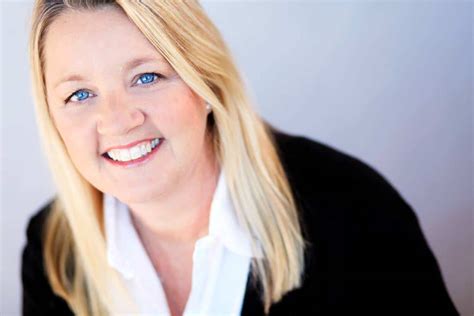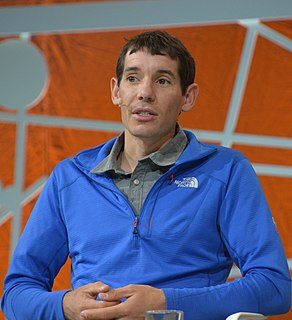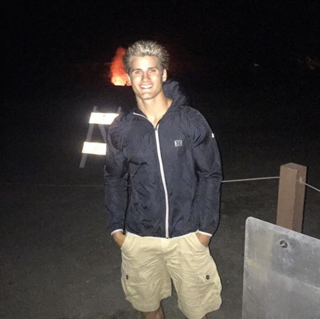A Quote by N.D. Wilson
Writer's block — so what? Write something bad. Just throw it in the trash can when you're done, you're always improving. That kind of writing is like doing a bunch of push-ups. Every individual push-up is not the important thing. On Tuesday you're going to think, "Is it really important that I do it today?" No, but the collective impact is. If you write every day, you will improve.
Related Quotes
It's a job. Get up and do it every day. Show up. Don't say no. Taylor Swift was the third write of my day every week. If I had gone home or said “Ah, man. I'm tired today. I'm not going to write at 4 o'clock in the afternoon with a teenager.' If I had done that, just think. Keep an open mind. Everybody has something to come into the room with and when you're starting out, try everything. You might find your magical writing partner.
If you push in every time there's a big moment, then the tenth time you push in, you're not going to get the same effect. Or if you have too many close ups, then when you have a big moment and you want a close-up in order to make a point, it doesn't mean anything because you've already been doing close-ups. It's like writing in all capitals. Then after a while that doesn't mean anything. So, just because you can do something with a camera doesn't mean you should.
The secret to writing is just to write. Write every day. Never stop writing. Write on every surface you see; write on people on the street. When the cops come to arrest you, write on the cops. Write on the police car. Write on the judge. I'm in jail forever now, and the prison cell walls are completely covered with my writing, and I keep writing on the writing I wrote. That's my method.
It's not possible to advise a young writer because every young writer is so different. You might say, "Read," but a writer can read too much and be paralyzed. Or, "Don't read, don't think, just write," and the result could be a mountain of drivel. If you're going to be a writer you'll probably take a lot of wrong turns and then one day just end up writing something you have to write, then getting it better and better just because you want it to be better, and even when you get old and think, "There must be something else people do," you won't be able to quit.
It's hard to tell if I've had writer's block because it seems to me that it's when nothing comes, but, you know, every day you stare at that computer screen, and I think, 'It's never going to happen today. How can I write three pages?' And the hours pass, and they haven't shown up, and then at the very end it always happens, so it's willpower.
Success is something you should never take into consideration: if you follow it it'll elude you. It's important to really love your work as a writer, to read loads to the point where you can recognise blindfolded, hearing them read, the writers of yesterday and today. It's important to write every day, for hours. To have faith in your imagination and let it wander.
My cure for writer's block is to step away from the thing I'm stuck on, usually a novel, and write something totally different. Besides fiction, I write poetry, screenplays, essays and journalism. It's usually not the writing itself that I'm stuck on, but thing I'm trying to write. So I often have four or five things going at once.
Write all the time. I believe in writing every day, at least a thousand words a day. We have a strange idea about writing: that it can be done, and done well, without a great deal of effort. Dancers practice every day, musicians practice every day, even when they are at the peak of their careers – especially then. Somehow, we don’t take writing as seriously. But writing – writing wonderfully – takes just as much dedication.
Luckily, I remembered something Malcolm Cowley had taught us at Stanford - perhaps the most important lesson a writing class (not a writer, understand, but a class) can ever learn. 'Be gentle with one another's efforts,' he often admonished us. 'Be kind and considerate with your criticism. Always remember that it's just as hard to write a bad book as it is to write a good book.'
I think the first thing - if you want to be a writer - the first thing you need to do is write. Which sounds like an obvious piece of advice. But so many people have this feeling they want to be a writer and they love to read but they don't actually write very much. The main part of being a writer, though, is being profoundly alone for hours on end, uninterrupted by email or friends or children or romantic partners and really sinking into the work and writing. That's how I write. That's how writing gets done.


































